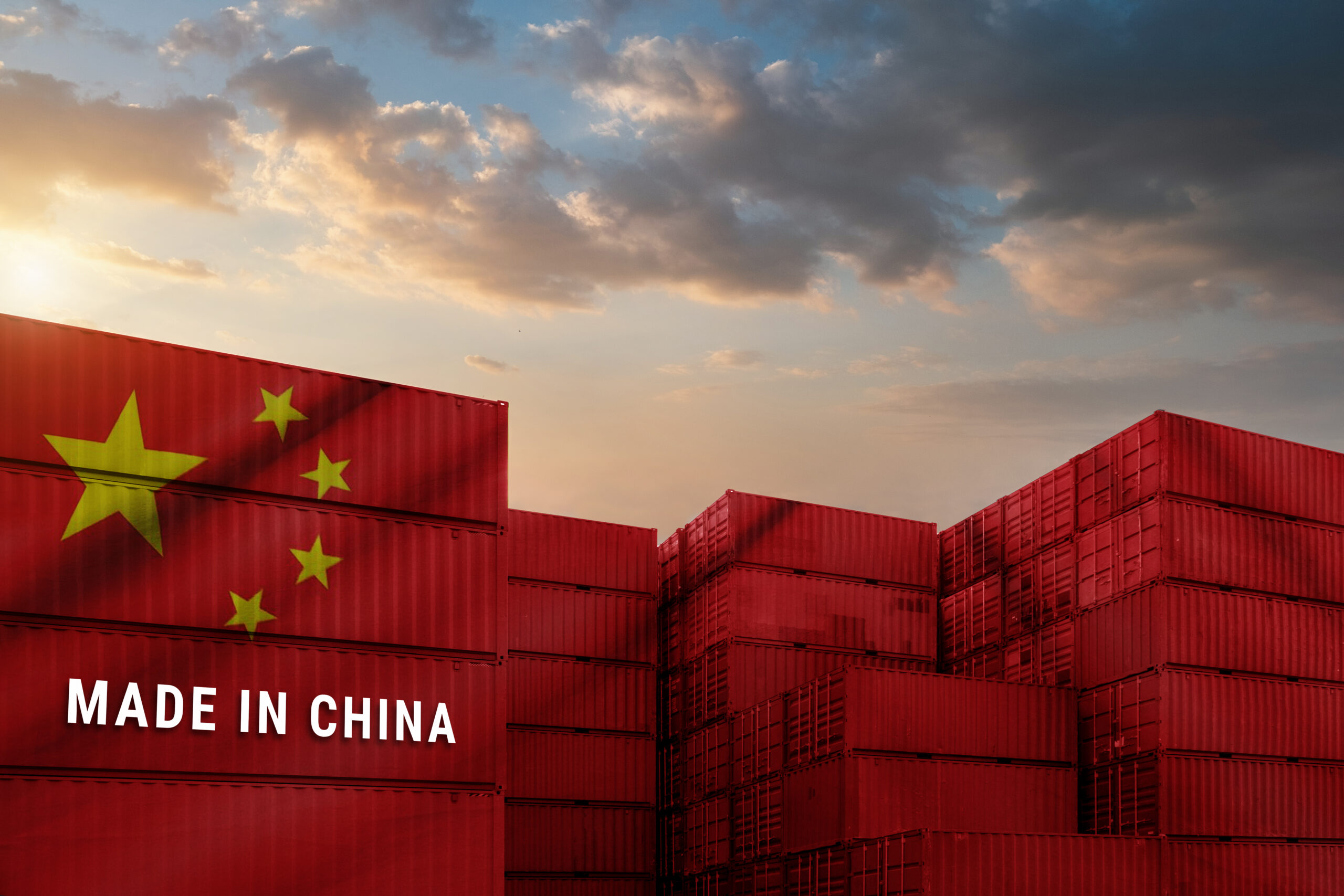China’s STUNNING Retaliation – Countries WARNED!

China threatens retaliation against nations joining Trump’s trade deals while dozens of countries rush to negotiate with the U.S. for tariff exemptions.
At a Glance
- China has warned it will take “countermeasures” against countries making trade deals with the U.S. at its expense
- Trump has imposed tariffs up to 145% on Chinese imports while pausing tariffs for 90 days for most other countries
- Over 70 countries have initiated trade negotiations with the U.S. following Trump’s tariff announcements
- China has already retaliated with 125% tariffs on U.S. imports and vows to continue fighting
- U.S. is pressuring other governments to limit trade with China in exchange for tariff exemptions
China Issues Stern Warning to U.S. Trade Partners
The Chinese Commerce Ministry has issued a direct threat to countries considering trade deals with the United States under Trump’s new tariff policy. In a strongly worded statement, Chinese officials declared they “firmly oppose any party reaching a deal at the expense of China’s interests” and promised to “resolutely take countermeasures in a reciprocal manner” if such deals proceed.
This warning comes as the Trump administration engages in negotiations with Japan, South Korea, India, and numerous other nations, offering tariff exemptions in exchange for limiting their economic ties with Beijing.
The Ministry’s spokesperson added ominously, “Appeasement cannot bring peace, and compromise cannot earn one respect,” signaling China’s determination to protect its economic interests. The statement represents a significant escalation in the ongoing trade war and puts countries in the difficult position of choosing between preferential access to American markets or maintaining robust trade relationships with the world’s second-largest economy.
Trump’s Aggressive Tariff Strategy
The latest round of tensions follows Trump’s implementation of substantial tariffs on Chinese imports, with rates reaching as high as 145% on certain goods. While imposing these punitive measures on China, the administration has paused tariffs for most other countries for 90 days, creating a window for negotiations. According to reports, approximately 70 countries have already initiated discussions with U.S. officials, with that number potentially growing to around 130 nations interested in new trade arrangements that would exempt them from American tariffs.
“China firmly opposes any party reaching a deal at the expense of China’s interests. If this happens, China will never accept it and will resolutely take countermeasures in a reciprocal manner. China is determined and capable of safeguarding its own rights and interests.”, said the China’s Commerce Ministry.
China has already retaliated by imposing 125% tariffs on American imports and has labeled the U.S. approach as “economic bullying.” Despite the escalating tensions, Chinese officials have indicated they remain open to talks with Washington, though no meetings have been scheduled. The Chinese government appears prepared for a prolonged trade conflict, strengthening ties with other nations affected by U.S. tariffs and coordinating responses to what it views as American economic coercion.
Global Economic Implications
The deepening trade war between the world’s two largest economies has already triggered significant disruptions in global financial markets. U.S. Treasury Secretary Scott Bessent has suggested that countries negotiating with the U.S. should “approach China as a group,” indicating an American strategy to form a unified front against Chinese economic practices. Meanwhile, an editorial in China Daily specifically cautioned the European Union against appeasing the United States in these trade negotiations.
President Xi Jinping has been actively engaging with leaders from Vietnam, Malaysia, Japan, South Korea, and the European Union to promote what China describes as “an open and cooperative international environment.” These diplomatic efforts appear aimed at countering U.S. attempts to isolate China economically and form a coalition of nations willing to impose trade barriers against Chinese goods. The resulting uncertainty has left many countries caught between competing economic superpowers and facing difficult decisions about their trade relationships.
America’s Manufacturing Strategy
Trump has consistently claimed that tariffs will boost consumption of American-made goods and increase domestic investments in manufacturing. The administration’s strategy involves using tariff negotiations as leverage to encourage countries to impose their own trade barriers on China, potentially reshaping global supply chains. Vice President JD Vance, who is expected to meet with India’s Prime Minister Narendra Modi, has expressed a “good chance” of successful negotiations with various countries.
Critics of the approach argue that the tariff strategy complicates rather than facilitates the return of manufacturing to American shores. The complex web of global supply chains means that many products rely on components from multiple countries, making a clean break with Chinese manufacturing difficult for most nations. Additionally, the retaliatory measures promised by China could disrupt existing business relationships and investment plans for countries that align too closely with American trade policies.












